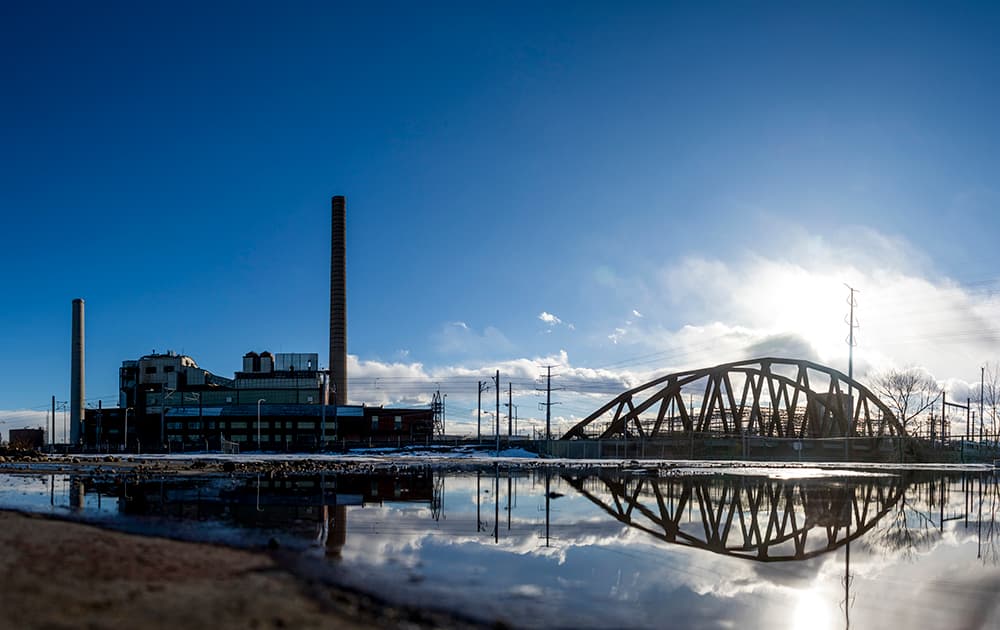With energy costs high across the country, Colorado is seeing a rise in requests for utility assistance. Applications are up almost 8% compared to last year, according to Low-income Energy Assistance Program (LEAP) Manager Theresa Kullen.
Applications rose around 10% last year and 10% the year before -- but LEAP calculated that final percentage at the end of their program year, which runs from Nov. 1 to April 30. To see applications up almost 8% by the end of December is "a substantial increase," according to Kullen.
LEAP has received almost 73,000 applications so far, and CPR News reported earlier this month that the organization received almost 17,000 calls for help, the highest total since LEAP began tracking calls in 2020.
"It's a lot more need that is coming to see us for help," Kullen said.
The amount of money LEAP is giving people has risen too.
Currently, the average benefit is about $70 more than last year. But, with the cost of energy so high, it's still not enough to meet the growing need, Kullen said.
Energy prices have risen the past few years, but, she says, it's been "substantial" this year.
This means that LEAP cannot meet everyone's needs when it comes to assistance. LEAP is funded by the federal government, and Kullen said rate increases have outpaced the money they can provide. That's happened in the past, but Kullen said this year is worse.
There's a lot of reasons energy prices are so high.
Natural gas is expensive these days, almost double the cost in August of 2022 than August of 2021. But the gas market is also under federal investigation for potential price manipulation last year.
The Colorado Public Utilities Commission also approved an increase in natural gas rates, which was passed on to customers starting in November. Xcel Energy's increase seeks to fund infrastructure upgrades. Xcel is also passing along to customers the high cost of money spent on natural gas during a storm in 2021.
High rates are also due to a coal shortage, brought on by labor shortages in the rail industry. Xcel has increased its reliance on natural gas to save coal reserves - a cost the energy company also plans to pass on to customers through future fee hikes.
Utilities assistance is available for people making up to 60% of Colorado's median income level.
For example, that's a $2,880 gross monthly income for a household of one, $3,766 for a household of two and $4,652 for a household of three.
Recipients also have to be responsible for paying a heating bill, and have one U.S. citizen or lawful permanent resident in the house to qualify. The amount each household receives varies, with the lowest income people with the highest energy costs receiving the most.
"The biggest thing to do is to put in an application and see if we can help you," Kullen said. "We have a toll free heat help hotline that can answer any questions about our program, mail people an application or tell them how they can apply."
It's possible LEAP could adjust benefits later in the year, depending on funding. Congress recently passed its 2023 government spending bill, which includes increased federal money for utility assistance. It's unclear if it will be enough, with rising rates and rising need, but Kullen is glad to see any additional funding.
"We're very pleased to see that they recognize the crisis that this nation is in," she said.
Households in need can reach LEAP at 1-866-432-8435.












